Our content is reader supported, which means when you buy from links you click on, we may earn a commission.
Benjamin Wann’s Story of Publishing 4 Business Process and Strategy Execution Courses on Udemy
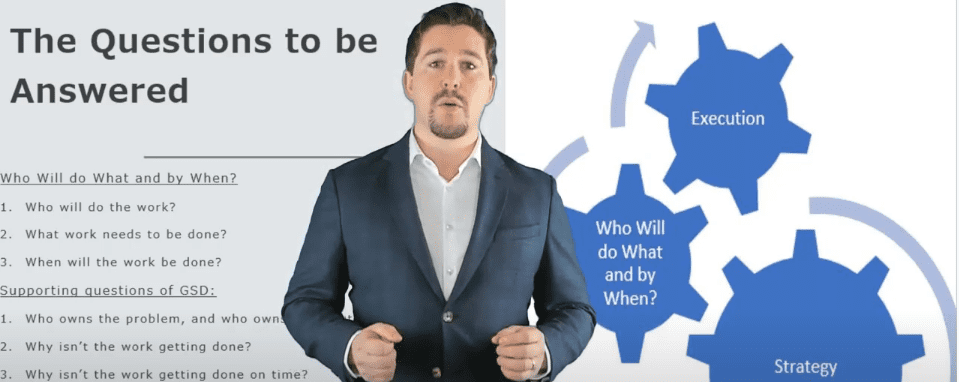
- Who: Benjamin Wann
- Website: benjaminwann.com
- Course Topic: Business Process and Strategy Execution
- Interesting Stats: Averaging $400 a month
Who are you and what course have you created?
I’m a Passionate Operational Manufacturing Leader dedicated to driving strategy execution by demonstrating leadership and solving complex problems by improving, developing, and redesigning processes. I drive business results by building relationships, empowering others, unleashing analytics, and removing complexity.
Courses:
I had 4 other courses but they didn’t do great, so they’ve been unpublished.
 What market does your online course serve?
What market does your online course serve?
My courses help business professionals learn the skills to solve challenges they face at work. They are practical and actionable.
Too many courses are developed by theorists who lack experience. My courses do well because I meet this need.
What’s the biggest benefit of taking your course?
The benefit of taking my courses is that students learn the material in a way that they are 1) engaging 2) actionable 3) includes information not found elsewhere.
I share what works to solve problems. In all of my courses, I also link back to my website and share related articles I have written to supplement student learning. I include a ton of value for the price; each usually includes one of my professionally written books, as well.
How did you get into the market?
I came up with the idea of teaching online courses after seeing the value of taking multiple courses as a student and using them to advance my career. I loved that anyone with expertise could share what they know with others and also make a bit of money, too.
In the business space, there are very few practitioners who teach and there is demand for us.
Why did you decide to create an online course in the first place?
I came up with the idea to develop a course by having the interest to share my unique experiences and knowledge with others and to also make some money on the side.
My first version of the business process improvement course was low-tech and I wasn’t a great presenter, but it still found an audience because it shared information not found elsewhere. Over time, I redeveloped and reshot the entire thing but the core idea remains the same.
Did you have any moments of doubt before you created/launched it?
One of the biggest fears with creating an online course is that after so much work is put into it, no one shows up to purchase it. I definitely had those doubts.
Part of the struggle with creating online courses while working is finding the time and energy to research and organize the content, and then record, edit, and publish it. Some days I was completely wiped out but I was committed enough to make it happen.
Some of the most frustrating parts were overcoming my anxiety and shyness to become a pretty good presenter. I was absolutely terrible at first.
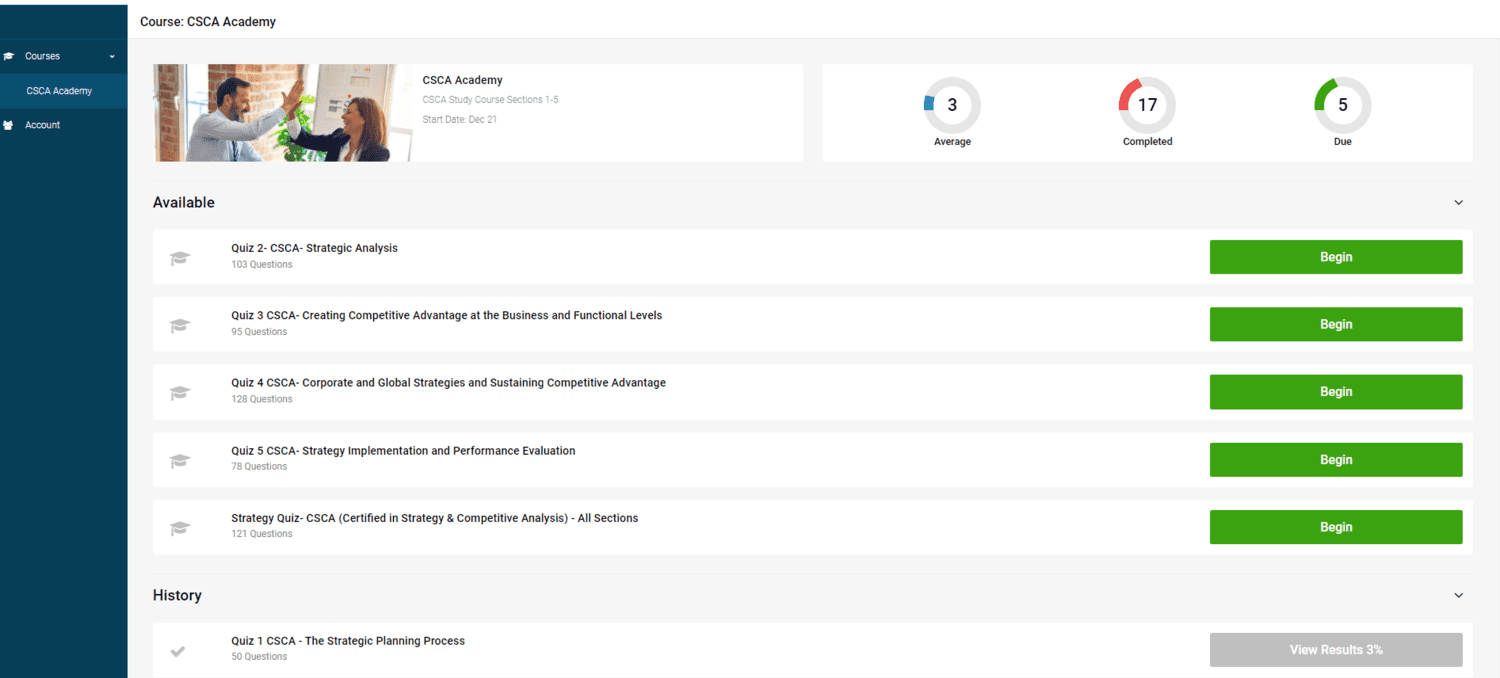
If so what made you turn it around and do it anyway?
I kept practicing and refining my speaking and presentation skills over the years since I started and I’ve gotten better. I recognized that speaking is an important skill to have and this was a pretty safe way to improve on my terms.
What’s your online course like?
My course is usually structured into chapters that begin and end with me (full body) talking into the camera to explain what they will learn or have learned.
The content is based on PowerPoint, but I do a mix of voiceovers explaining the content, or I will shoot myself with a greenscreen explaining the content and superimpose that over the PowerPoint in the background.
The course includes quizzes at the end of each chapter, exercises to practice process mapping, and also some reflection exercises where students reply to prompts that I review. I try and make it as engaging as possible.
How long did it take you to create your course?
Creating video content is incredibly time-consuming. It’s easy to look at a course that is 2 hours long and think “I can do that.” It’s very deceiving.
Researching, writing, and organizing the content takes a long time, it’s hard to calculate.
For one 5 min lesson, here is an estimate:
- Content creation in PowerPoint: 30 mins
- Preparing to shoot content: 3 mins
- Shooting: 5 mins if perfect the first time. Usually 2x shooting= 10 mins.
- Editing: 10 mins in Camtasia
- Uploading: 5 mins
For 5 mins of content= 28 mins of studio time.
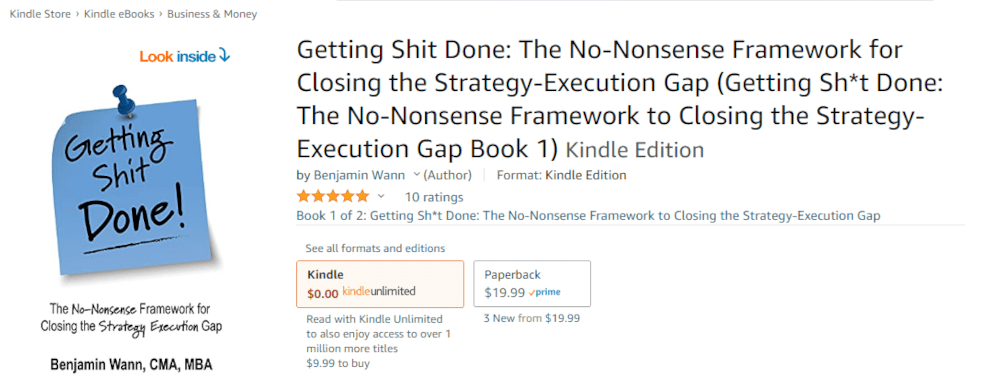
Tell us a little about the process of launching your course and getting your first sale(s).
I use Udemy which is a platform that essentially brings the students to you. They take a decent cut of the proceeds, but they handle the marketing and sales funnel, so it’s fair enough to be profitable.
For my first course, I used LinkedIn to share what I was working on and then promote it when it was live. It was nerve-racking to wait.
A common Udemy strategy used is to set the course to free at first to attract many students, and hope that a small percentage of those will leave a review. Reviews are critical for attracting paying students. - Benjamin Wann Click To TweetMy first paid customers were people in my LinkedIn network and now most of the students are unknown to me.
Do you have a lead magnet?
I have several tactics here.
One is where I post portions of the course for free on YouTube with a link to the course. I call this the Costco strategy with free samples.
Then, I have a page on my website detailing the courses.
I’ve written articles about business process improvement that link back to my course.
I include a free ebook for the course as a bonus for signing up. The book is priced higher than the course on Amazon.
Udemy allows all students to preview the course and watch several sections for free which helps convert sales. They also offer a money-back guarantee.
I post on Quora about business process improvement.
A combination of these activities helps my course do well.
What’s the traffic strategy that works best for you?
The best strategy is to use a platform like Udemy if starting out. If you don’t have a substantial following, email list, or notoriety, it’s brutal to sell. - Benjamin Wann Click To TweetPartnering with Udemy lets me do what I do best and focus less on making each sale.
Over time I am planning on creating higher-priced courses on my own platforms, but the time isn’t right yet. As I do this part-time, I don’t have the time or attention needed to provide those support activities.
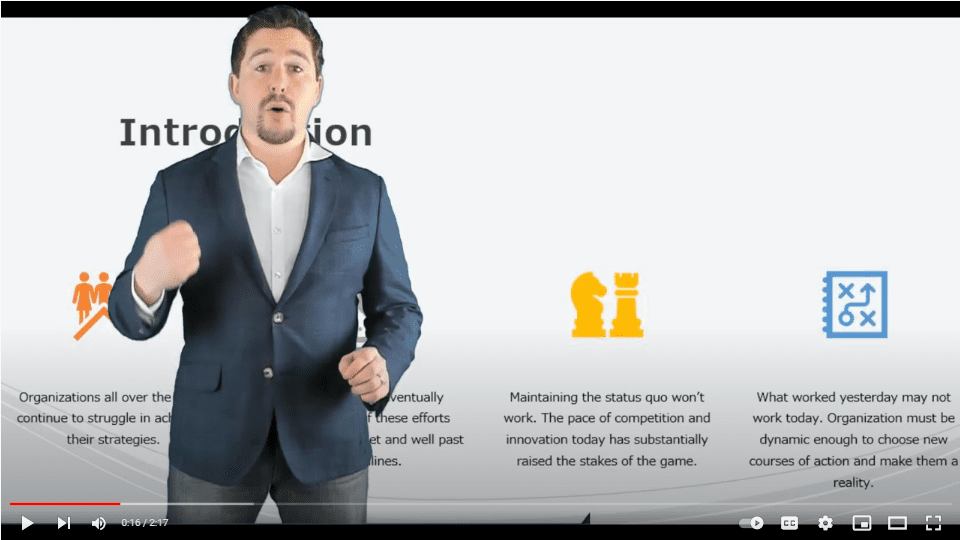
What online course platform are you using?
I use Udemy.
Pros:
- They bring the students.
- Udemy for Business has 2x my revenue.
Cons:
- No access to student emails. Arm’s length arrangement.
- No recourse for malicious student review.
My first foray into using my own platform is with my new venture, CSCA Academy. It’s a 6 part test bank that also includes a complete study guide ebook for students who want to test their knowledge for the exam. As the IMA has developed the video content for this credential, I’ve given them my word that I wouldn’t become a direct competitor.
Are there any features you wish it had?
I wish I could access student emails to improve my marketing efforts.
What made you decide to use your chosen platform over others?
I chose Udemy because that is the platform I used to build my skills and knowledge. I was familiar with it and found it easy enough to use for everything I needed to do.
Other platforms let you charge a higher price per course, but some have very high monthly fixed charges. I prefer the revenue share model which sets my risk to 0.

What other tools do you use to run your online course business?
I use Squarespace for my websites.
What books or training programs have you found useful on your journey to a successful business owner that others might find valuable too?
Most of the information you need can be found online through Google for free. Udemy also has a free video course for new instructors to teach you everything you need to know to get started. Experience and practice teach you the rest.
Do you have any big mistakes you’ve made along the way that you’d be willing to share?
I have several.
- For my business process improvement course, I accidentally deleted the source files while cleaning up my hard drive. I cannot move the entire course to another platform without doing a complete reshoot.
- My first version of my course was low-tech and a C on quality. Reshooting the entire thing was a big pain.
- I have developed 4 other courses that have made little to no money on Udemy. Understanding what sells and has demand takes time and has been painful. Investing so much time and energy for no return hurts.
Please share some idea of revenue.
I had another account that earned $4k before I rebranded. I’ve been doing this since 2017.
I’m now averaging $400 a month and intend to add more content to my core courses and create new ones.
Please tell us a little about what the money you’ve earned from your course has done for you.
All the money I’ve earned has been reinvested back into my business so that I can produce higher quality content and also explore new ideas. Making money first takes the pressure off exploring other opportunities and making investments.
My first book required $4k for an editor. My latest book in development is another $4k. Studio equipment costs several hundred, at a minimum. I’ve also built a sound-resistant studio in my basement. The money I earned has gotten me a few steps closer to becoming an education professional.
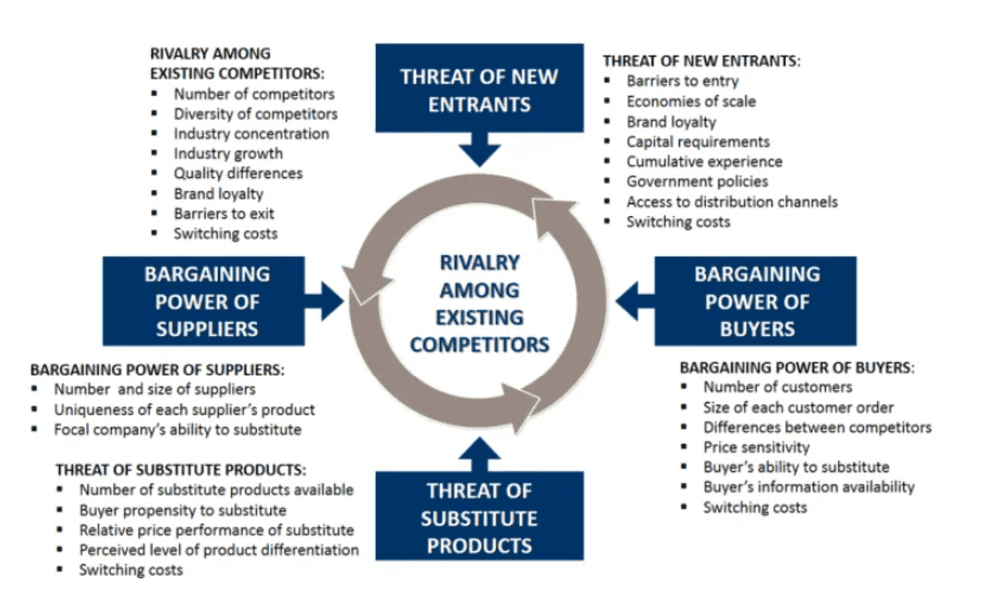
In addition to revenue are there any numbers you would like to share?
My email list is at 438 subscribers.
What has creating your course done for you personally?
I am becoming much more confident in speaking and presenting. I have built the confidence to become an authority in the management accounting and strategy execution space.
What advice do you have for people just starting out?
- Online courses are not the gold rush they once were. The competition and standards are very high and rising.
- Don’t underestimate the time and cost requirements of producing online content. It requires a serious commitment.
- Don’t create another course to directly compete with someone else. Create your own niche.
Learn more about Benjamin Wann of benjaminwann.com:
- Website: benjaminwann.com
- Medium
- Quora.com